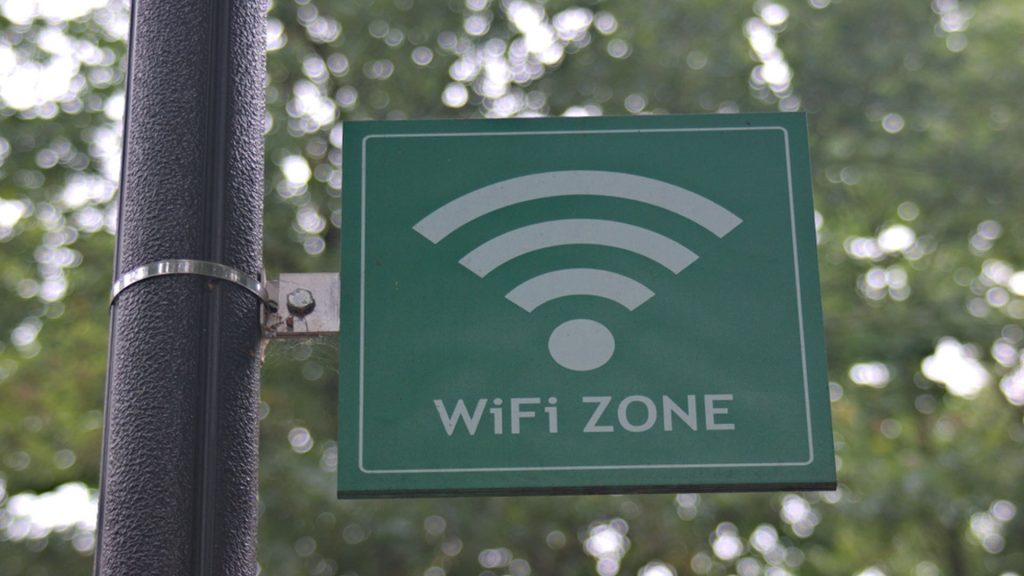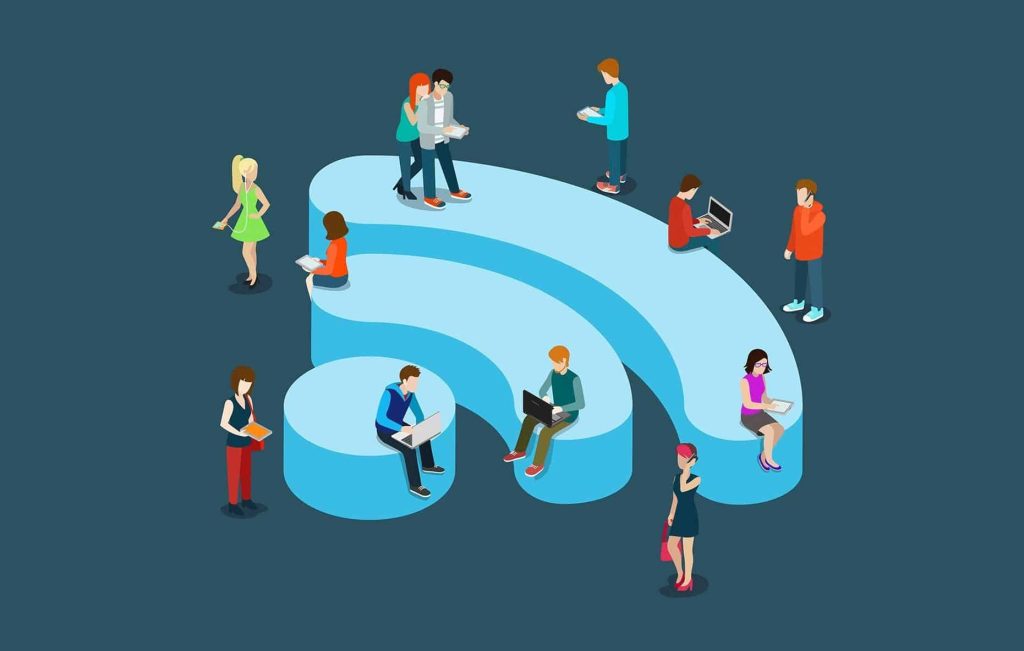The Dangers of Public Wi-Fi: How to Surf Safely Away from Home?

The convenience of public Wi-Fi networks in cafés, airports and shopping centers is undeniable, but the risks to your digital security are real. Hackers can easily intercept personal data, steal login credentials or even install malware on your device. In this article, we explore the main dangers and give you essential tips to protect yourself when using open Wi-Fi networks.
The Hidden Risks of Public Networks
Man-in-the-Middle” attacks
Criminals can position themselves between your device and the access point, intercepting all communication.
Evil Twins
Hackers create hotspots with names similar to legitimate ones (“Free Shopping” instead of “Free Shopping”) to trick users.
Packet Sniffing
Simple tools to read unencrypted data transmitted over the network.
Malware injection
Some compromised networks can force malicious software to be downloaded onto your device.
7 Golden Rules for Safe Surfing
Always use a VPN
A Virtual Private Network (such as NordVPN or ProtonVPN) encrypts all your traffic, making it unreadable to snoopers.
Avoid Sensitive Access
Never bank or shop online on public networks. Wait until you have a secure connection.
Disable File Sharing
In Windows, disable the “Network Discovery” options in the Sharing Settings.
Prefer HTTPS sites
Check that the site has a green padlock in the address bar, indicating that the connection is encrypted.
Turn off Wi-Fi when not in use
This prevents automatic connections to malicious networks.
Activate Two-Factor Authentication
Even if they steal your password, 2FA will make it difficult for them to access your accounts.
Keep your system up to date
Security updates fix vulnerabilities that hackers exploit.
How to Identify Suspicious Networks?
Generic names such as “Free Wi-Fi” or “Free Internet”
Request for personal data for access
Unstable connection or abnormally slow performance
Sudden appearance of pop-ups or strange warnings
Safer alternatives
If you need mobile internet:
Use your cell phone data plan as a hotspot
Consider a roaming package if you’re abroad
Get a portable router with its own SIM card
Conclusion: Prudence is the Best Protection

While public networks offer convenience, the risks are significant. By applying these security measures, you can drastically reduce your chances of falling victim to cybercrime. Remember: when in doubt, it’s always better to wait to access sensitive information when you’re on a trusted network. Your digital security is worth more than the immediate convenience of a free connection.
